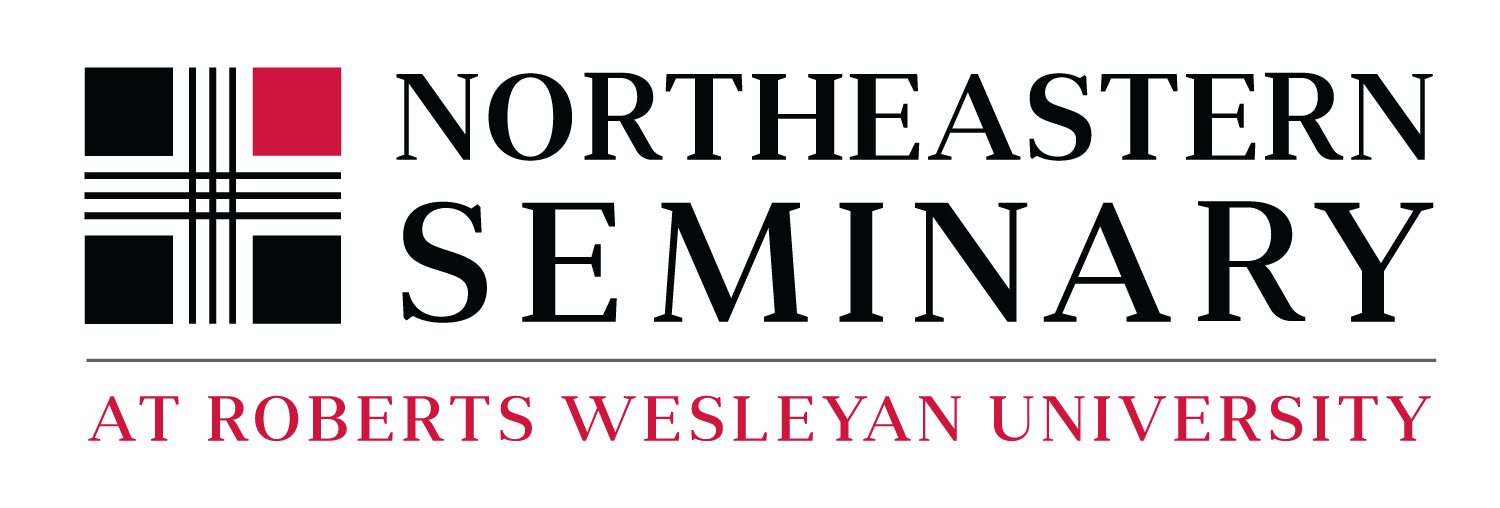Hispanic Heritage Month: Teologia en conjunto
As Hispanic Heritage Month 2021 comes to a close, I wanted to offer a few reflections about what this month means to me and my work as a theological educator.
My paternal grandparents moved from la frontera (the border) to Detroit in the 1950s to get in on the booming auto industry. They worked hard to provide a life for my father and his siblings. Every Saturday while I was growing up, we would visit my grandparents and generally partake of a traditional Mexican meal — tacos, rice and beans, fajitas, quesadillas, etc. My mother, who is White, learned to make all kinds of Mexican food that I had on a weekly basis at home. Occasionally, we would go to a local panaderia (bakery) and grab all kinds of pan dulces (sweet breads). If you ever get a chance to go to a Mexican bakery, I highly recommend the conchas.
My grandfather was relatively evangelical, while my grandmother is a devout Catholic. My parents eventually found a Baptist church where I grew into my faith. I can’t remember a time when I wasn’t Christian.
I explored all different shades of Christianity growing up, too. I learned all about Roman Catholic theology, explored the Lutheran concept of Consubstantiation for a while, thought about becoming Presbyterian, and was eager to learn all about the diversity of Christian ecclesiologies. Some of my Christian friends were content with their traditions, while I had a boundless energy to learn from all traditions. Perhaps it was because I was a curious kid. But I think being around such cultural and religious diversity inspired me to explore the contours of Christian expression.
It wasn’t until a few years ago that I realized there was a name for the kind of theological reflection I was practicing. In Latino/a theological reflection, we have this beautiful concept known as teologia en conjunto, literally translated “theology in context.” It’s a simple concept, but there’s beauty in such simplicity.
Historically, Latino/as have done theology in different ways. Some of us are Pentecostals, some are Baptists, many are Roman Catholic. We reflect on the things of God and the world and put things together in ways that make sense for our contexts and situations. We talk to people across the spectrum of theological perspectives and learn from one another. We disagree sharply and frequently, but try to figure things out together. Centuries of colonial violence has created this reality; how can we move forward without listening to one another and hearing one another’s perspectives? The new reality is beauty from brokenness. In Latino/a circles, theology is less an exercise in abstract theological reflection and more a question of how we can embody the realities of Gospel in our particular contexts.
As a theological educator rooted in the Wesleyan tradition, I regularly engage in teologia en conjunto. As a Wesleyan, I embrace the “Wesleyan quadrilateral,” a type of theological method developed by theologian Albert Outler but based on the work of John Wesley. In the quadrilateral, we lean on the Scripture, Christian tradition, careful reasoning, and experience for theological understanding. We’re always drawing on diverse resources to create theologies for everyday life. I believe we best exemplify this spirit of theological reflection by doing so in community. I’m always eager to learn from others and grow my perspectives on theology, the nature of the church, and mission. I seek to learn from those whose perspectives and experiences are vastly different from mine. I learn so much from my colleagues here at NES, and my students regularly teach me new ways of envisioning the role of the church in society. Like John Wesley, I seek to be a man of one Book, but a student of many.
While this month of celebrating Hispanic heritage comes to an end, the practice of learning with and from one another needs to continue. I plan on practicing this teologia en conjunto throughout the year, and I hope you do too. And grab a concha while you’re at it.

